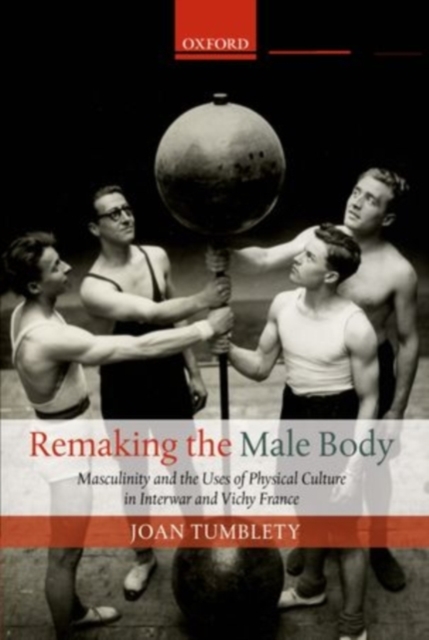
Remaking the Male Body : Masculinity and the uses of Physical Culture in Interwar and Vichy France PDF
by Joan Tumblety
Description
Remaking the Male Body looks at interwar physical culture as a set of popular practices and as a field of ideas.
It takes as its central subject the imagined failure of French manhood that was mapped out in this realm by physical culturist 'experts', often physicians.
Their diagnosis of intertwined crises in masculine virility and national vitality was surprisingly widely shared across popular and political culture.
Theirs was a hygienist and sometimesovertly eugenicist conception of physical exercise and national strength that suggests the persistence of fin-de-siècle pre-occupations with biological degeneration and regeneration well beyond the First World War.
Joan Tumblety traces these patterns of thinking about the male body across a seemingly disparate setof voices, all of whom argued that the physical training of men offered a salve to France's real and imagined woes.
In interrogating a range of sources, from get-fit manuals and the popular press, to the mobilising campaigns of popular politics on left and right and official debates about physical education, Tumblety illustrates how the realm of male physical culture was presented as an instrument of social hygiene as well as an instrument of political struggle.
In highlighting the purchase ofthese concerns in the interwar years, the book ultimately sheds light on the roots of Vichy's project for masculine renewal after the military defeat of 1940.
Information
-
Download - Immediately Available
- Format:PDF
- Publisher:OUP Oxford
- Publication Date:04/10/2012
- Category:
- ISBN:9780191636899
Information
-
Download - Immediately Available
- Format:PDF
- Publisher:OUP Oxford
- Publication Date:04/10/2012
- Category:
- ISBN:9780191636899






